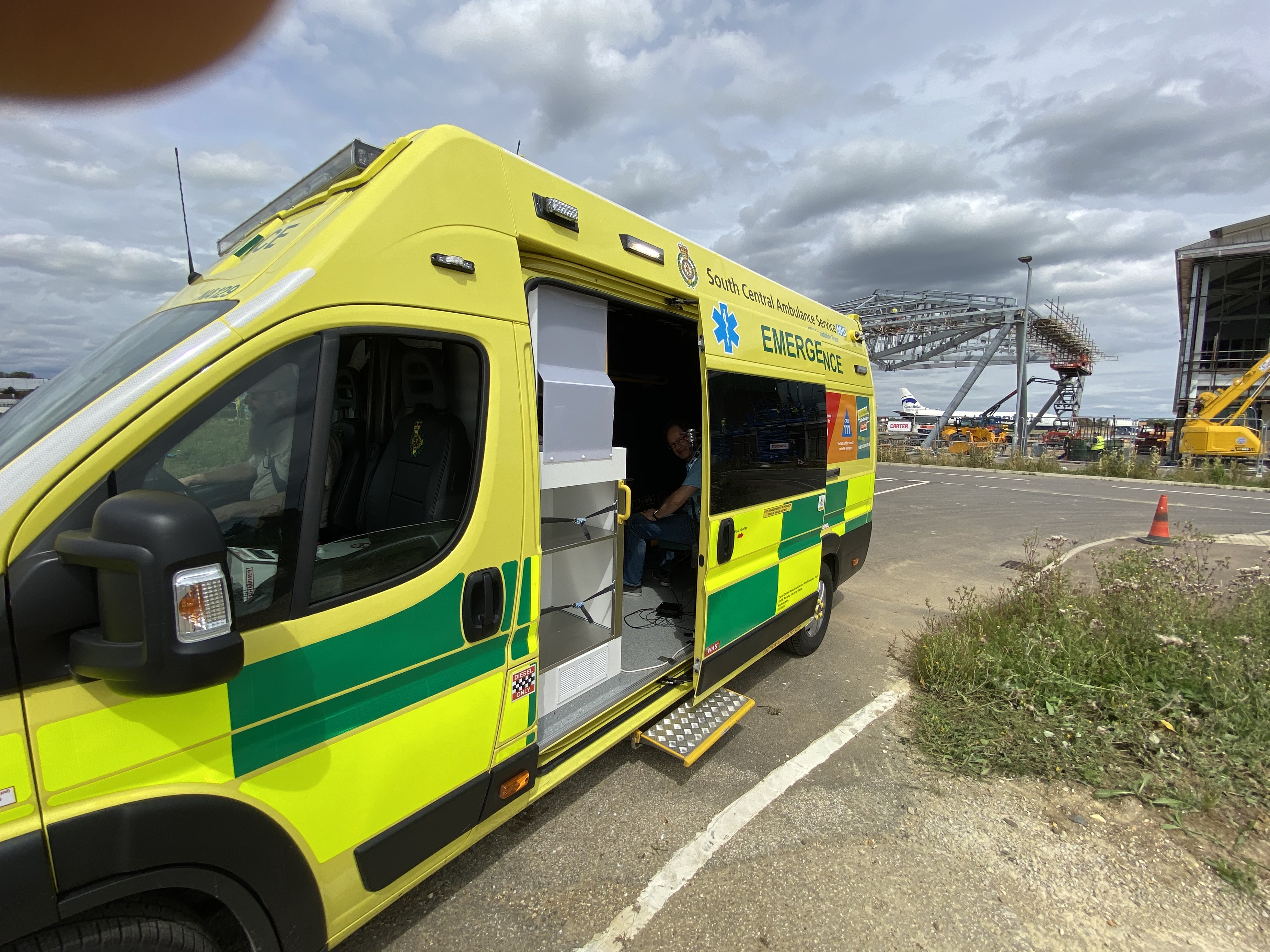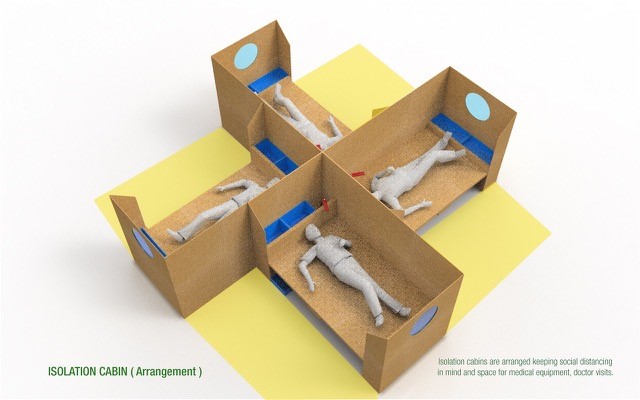We supported 14 projects focused on engineering solutions to reduce the spread of COVID-19, ranging from new techniques for vaccine delivery and diagnostic testing to technology aimed at reducing the transmission of SARS-CoV-2 and other infectious agents in our workplaces, transport systems and public spaces.
Awardee Case Studies
Development of anti-viral air filters to protect passengers on train: Dr Felicity de Cogan, University of Birmingham (UK)
Dr de Cogan's project aims to reduce airborne transmission risk by applying NitroPep, a novel protective coating, to the air filters used in passenger trains.
Our funding will support initial research to demonstrate the long-term stability of the coating on filters and its efficacy against SARS-CoV-2, before work to expedite the technology through regulatory approval and onto the market.
Ambulance Interior Flow Visualisation for COVID19 Active Virus Filtration: Professor Helen Atkinson, Cranfield University (UK)
Professor Atkinson is working with Q-Flo, Cambridge University and NHS England to record experimental airflow data from a modern NHS ambulance under different driving conditions.
This data will facilitate the effective installation of filtration units which are able to remove virus molecules, including COVID-19 aerosols.

Hexpresssions Ready to assemble Isolation cabin & coffins: Abhimanyu Singh, Hexpressions Megatech Pvt. Ltd. (India)
Abhimanyu’s innovation seeks to relieve the impact on patients and their families of the desperate shortages of both beds and coffins in hospitals worldwide.
Hexpressions addresses these shortages by providing eco-friendly, modular, and rapid-assembly isolation cabins and coffin boxes made from recycled paper honeycomb panels and cardboard.

